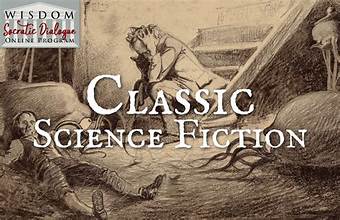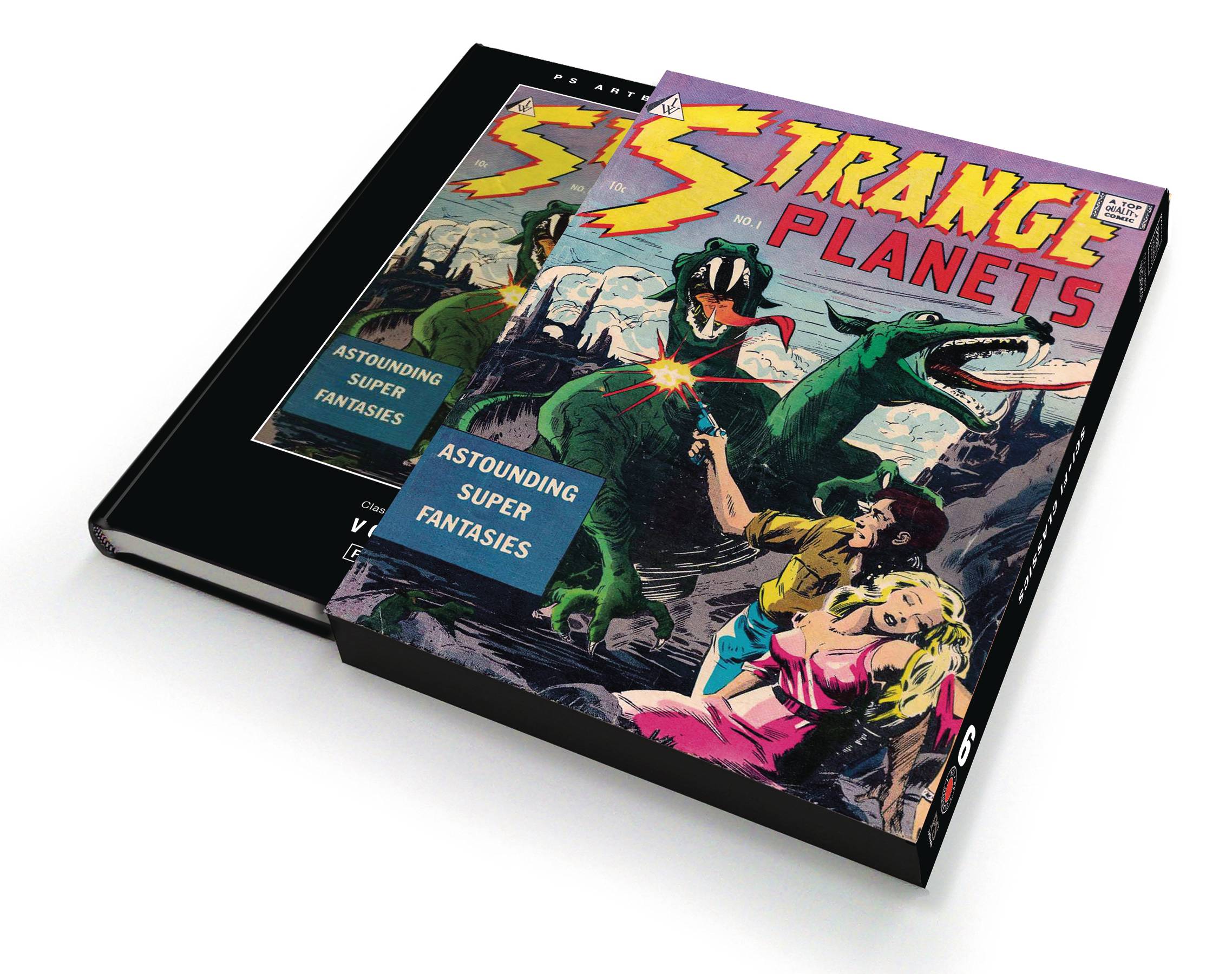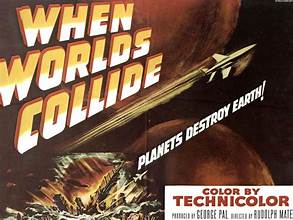
Science fiction, a genre once considered niche, has evolved into a significant cultural phenomenon, influencing not only literature but also film, television, and even everyday technology. As we advance into 2024, the impact of classic science fiction stories continues to resonate, showcasing their enduring legacy. These timeless classics remain relevant, providing insights into human nature and the future while inspiring new generations of creators and thinkers. In this article, we explore the lasting influence of classic science fiction stories and how they shape the genre today.
The Roots of Classic Science Fiction
Classic science fiction can be traced back to the early 19th century, with works such as Mary Shelley’s Frankenstein (1818) and H.G. Wells’ The War of the Worlds (1898). These pioneering stories laid the groundwork for the genre, introducing readers to imaginative concepts and speculative futures. Shelley’s Frankenstein is often hailed as the first science fiction novel, exploring themes of creation and ethical responsibility. Wells’ work, on the other hand, depicted extraterrestrial invasion and its implications on humanity, reflecting societal fears of the time.
The early 20th century saw the rise of iconic authors like Isaac Asimov, Arthur C. Clarke, and Philip K. Dick, whose works further defined the genre. Asimov’s Foundation series introduced complex ideas about societal evolution and the role of psychohistory. Clarke’s 2001: A Space Odyssey offered a profound exploration of human evolution and artificial intelligence. Philip K. Dick’s Do Androids Dream of Electric Sheep? questioned the nature of reality and consciousness, themes that remain central to science fiction today.
The Impact of Classic Science Fiction on Modern Culture
Classic science fiction stories have profoundly impacted modern culture, influencing not only subsequent works of fiction but also advancements in science and technology. For instance, the concept of space travel and colonization, explored in works like Clarke’s Rendezvous with Rama, has inspired real-world space exploration projects. Similarly, the ethical dilemmas presented in Asimov’s Robot series have influenced discussions on artificial intelligence and robotics.
The genre’s influence extends beyond literature and science. Classic science fiction has shaped popular media, with many film and television adaptations drawing from these seminal works. The 1982 film adaptation of Philip K. Dick’s Do Androids Dream of Electric Sheep?, Blade Runner, is a prime example of how classic science fiction continues to captivate audiences. Its depiction of a dystopian future and complex philosophical questions remains relevant and thought-provoking.
The Legacy of Classic Science Fiction in 2024
As we move through 2024, the legacy of classic science fiction stories is more evident than ever. The genre’s themes and concepts continue to resonate with contemporary audiences, reflecting ongoing concerns about technology, ethics, and the future of humanity.
1. Influence on Contemporary Science Fiction
Modern science fiction writers frequently draw inspiration from classic works, building upon the ideas and themes explored by their predecessors. For example, current writers often revisit the concept of artificial intelligence, a topic extensively explored by Asimov and Clarke. Contemporary authors like N.K. Jemisin and Ted Chiang incorporate and expand upon classic science fiction themes, creating new narratives that reflect the complexities of today’s world.
2. Cultural Reflections and Predictions
Classic science fiction stories often served as a reflection of societal concerns and aspirations. As we face new challenges and opportunities in 2024, these stories continue to provide valuable perspectives. The anxieties about technological advancement, environmental issues, and societal changes depicted in classic science fiction resonate with contemporary issues, offering a lens through which to examine our current situation.
3. Educational and Inspirational Value
The educational value of classic science fiction is significant. These works are frequently used in academic settings to discuss themes of ethics, technology, and human nature. They inspire students and scholars alike to explore complex ideas and consider the implications of technological and societal changes. The imaginative and speculative nature of classic science fiction encourages creative thinking and problem-solving.
4. Preservation and Reinterpretation
In 2024, efforts to preserve and reinterpret classic science fiction are ongoing. New editions, adaptations, and scholarly analyses ensure that these works remain accessible to new generations. Digital platforms and streaming services offer opportunities to revisit classic stories and explore their influence on modern media. Additionally, fan communities and conventions celebrate the enduring appeal of these classics, keeping the genre vibrant and relevant.
Conclusion
The legacy of classic science fiction stories endures into 2024, continuing to influence literature, culture, and technology. From the pioneering works of Mary Shelley and H.G. Wells to the groundbreaking stories of Asimov, Clarke, and Dick, these timeless classics have shaped our understanding of the future and our place within it. As we navigate the complexities of the 21st century, the insights and imagination of classic science fiction provide valuable perspectives and inspiration. Their impact on contemporary science fiction and popular culture underscores their lasting relevance and enduring appeal.












